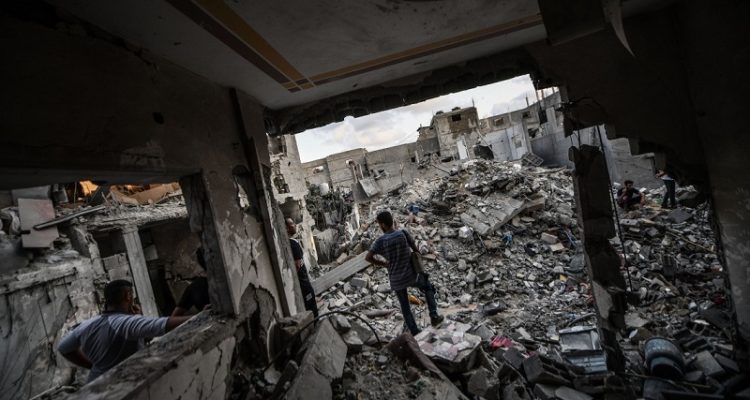Each new round of violence in the Gaza Strip and Israel sparks a crisis of hope, as the fighting revives and creates new trauma on both sides. Only political steps can solve the seemingly intractable cycles and the humanitarian crises that accompany them. Those steps must be intensified.A statement from Fabrizio Carboni, ICRC’s Near and Middle East Director
The impact on the mental health and psychosocial well-being of people living through the latest fighting is one of the most significant consequences of each new round of this protracted armed conflict. In conflict zones, one in five people experiences mental health problems after the conflict has ended.
For the last 14 months, and since the end of the 10-day escalation of May 2021, people on both sides of the Gaza fence were left with a sense of edginess and uncertainty. It feels like everyone is sitting in some great waiting room, in between escalations, before the inevitable next tragedy comes.
This time last year, I was in Gaza. I stood next to a pile of rubble that Jamal and his family had once called home before the May 2021 escalation. Homeless and fearful, they then faced an uncertain future, adding their names to the countless lives consumed by the consequences of the most prolonged military occupation in modern history.
Read the article by the IHRC in The National Tribune.

